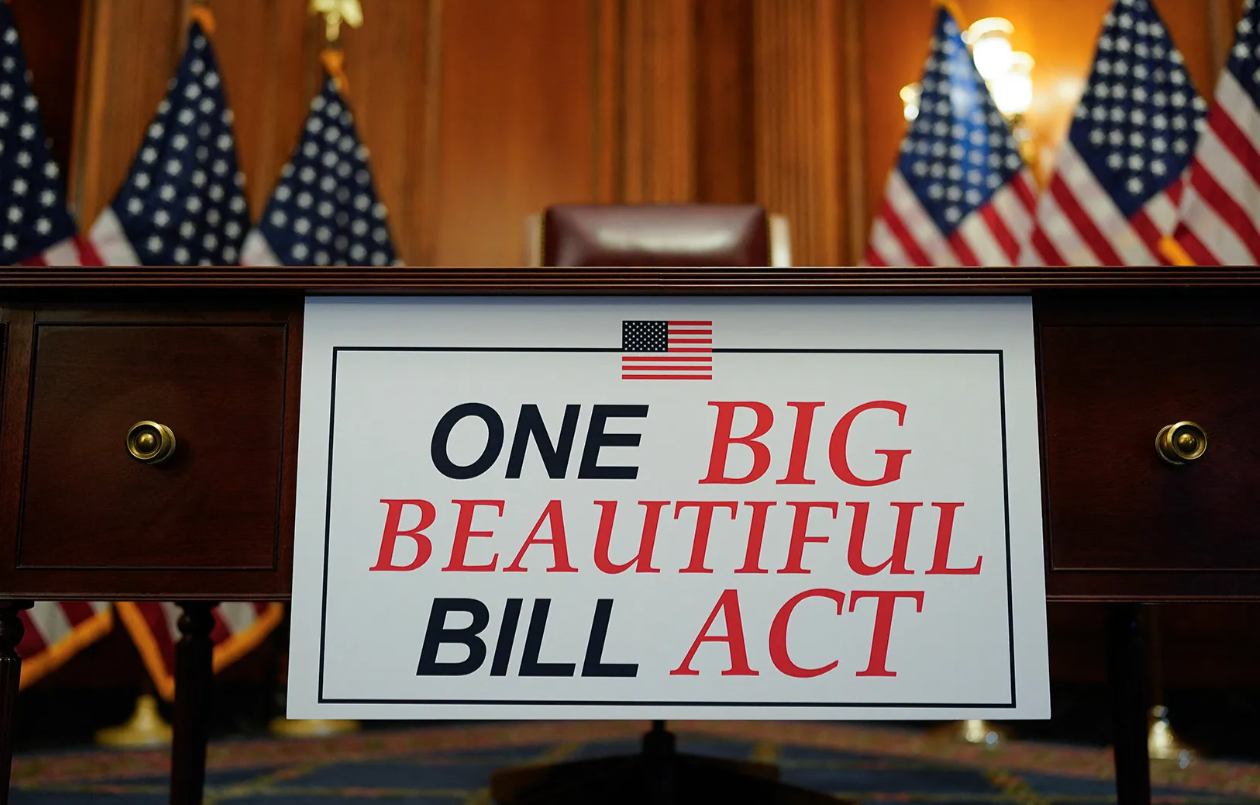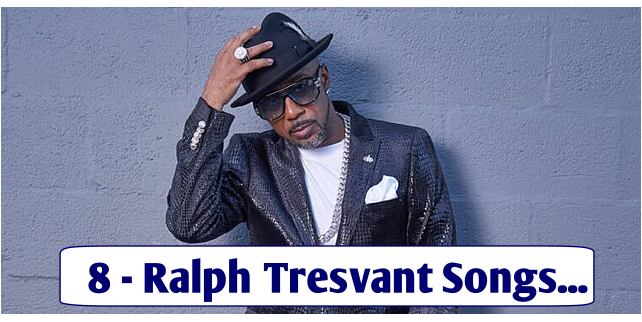(ThyBlackMan.com) It’s fair to say that my immediate family’s financial resources were relatively scarce when I was a child. Fortunately, we never went without meals – thanks in part to food stamps (when they were actual “stamps”). Likewise, we always had clothes, though in many cases they had previously belonged to strangers. My grandmother occupied Goodwill outlets and thrift stores as if she were stationed in them as a soldier.
When it came to fun, movies were my family’s primary form of entertainment – by a mile. We devoured films as if they were junk food. Ticket prices were very reasonable back then. Plus, at the drive-in, we could enjoy food brought from home (usually my aunt’s fried chicken) rather than pay the somewhat less reasonable prices for concessions. Then there were indoor theaters. I hope that the statute of limitations has expired regarding my grandmother’s surreptitious packing of her oversized purses with candy (and even popcorn) to smuggle into the show.

Academic engagement was a different matter. It wasn’t a family affair, and I wasn’t necessarily encouraged to read a lot of books outside of the classroom. While my grandparents and mother made it clear that I had little choice but to do well in school, going to the library or the bookstore for mere pleasure reading was rarely on the agenda. I raise this issue more as a fact than I do as a criticism, though such a critique would not be unwarranted. Education was always very important, but it was compartmentalized. I did well academically and that was enough.
Except it wasn’t.
I graduated from high school with my share of academic honors. However, once I reached college, I slowly began to realize that I knew hardly anything about Black history – especially outside of the U.S. I vividly remember being in an American history class as a freshman. For more than a semester, white students widely shared their thoughts on everything from Plymouth Rock to World War II. Then the syllabus took us to the 1950s and 60s. Suddenly and unexpectedly, it felt as though all their eyes turned to me when we began to study the Civil Rights Movement. I can still feel the terror as I pretended to be an expert on a topic about which I knew little more than Dr. King’s name.
That experience changed my life – and my major. I decided to immerse myself in history, with a focus on African American Studies. I found that to be extremely rewarding. For example, slavery was, and is, an endlessly fascinating topic to me. Most African Americans are aware that there was a time in which it was illegal to teach enslaved people to read. This didn’t prevent many of our ancestors from teaching themselves to do so, with Frederick Douglass being the most prominent example.
Tragically, it is not at all clear that learning actual American history will occur in the classroom in the future if governors like Florida’s Ron DeSantis and Arkansas’ Sarah Huckabee Sanders have their way. Indeed, many of the facts regarding American history are intentionally being erased from curricula in several Republican-led states. Governors and state legislatures are banning books at a rapacious pace, even going so far as to threaten teachers and librarians with legal action if they don’t toe the party line. History is replete with examples of communist, fascist, and other totalitarian nations engaging in such practices.
As I’ve heard since I was a child, “reading is fundamental”. It is not hyperbolic to argue that few statements are truer or have more important implications. (I should mention that there is a longstanding organization called Reading is Fundamental. It is perhaps the best known advocate for children’s literacy.) As the bogus war against “CRT” rages hotter than a Death Valley afternoon, I was heartened to learn that a group of Black teachers and scholars will soon hold a conference in Florida to address the issue head-on. I pray for them. Few things are more Sisyphean than battling an “educational” system that actively seeks to deny American history.
This leads me back to the crucial role that parents and other responsible adults play in the educational development of children. All children. While I would not trade my childhood for anything, I must face the fact that it was lacking in sustained encouragement to engage in extracurricular learning activities. It is completely understandable that my hardworking grandparents and mother were keen to focus on joyful activities given their inability to send us to beaches during Spring Break or to ski resorts in the winter. More trips to the library would have been much less exciting, but infinitely more valuable.
My message for parents today, especially those who lack financial resources, is to diligently seek as many ways as possible to equip their children with every available opportunity to learn our nation’s history. It is the only way to ensure that we will stop the greatest theft in America – the robbery of their education.
Written by Larry Smith

















” As the bogus war against “CRT” rages hotter than a Death Valley afternoon, I was heartened to learn that a group of Black teachers and scholars will soon hold a conference in Florida to address the issue head-on. I pray for them. Few things are more Sisyphean than battling an “educational” system that actively seeks to deny American history.”You have raised numerous important points in this thought provoking article.The philosopher Albert Camus poked fun at the seeming absurdity of life in his philosophical writing titled ” The Myth of Sisyphus.” In this work the character “Sisyphus” angered the gods, and was condemned by them to push a heavy rock up to the top of a hill but never completed the task because the gods would cause the rock to roll back down the hill before Sisyphus could push the rock all the way to the top of the hill.I accuse many state governors who wish to take a “nihilistic” view of education as those, like Camus who, through his writing, uses their actions in an attempt at devaluing education as ” absurd “and subject to the manipulation of members of the Republican Party.Such behaviors are a great departure from the truth, and does not recognize the fact that Sisyphus was a mythological, fiction character presented by Camus for the sake of causing further thought on the definition of the Absurdity of life.To define education as absurd is very, very dangerous, and could lead to autocracy.